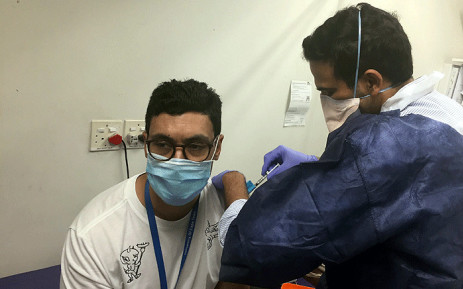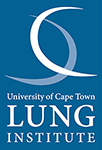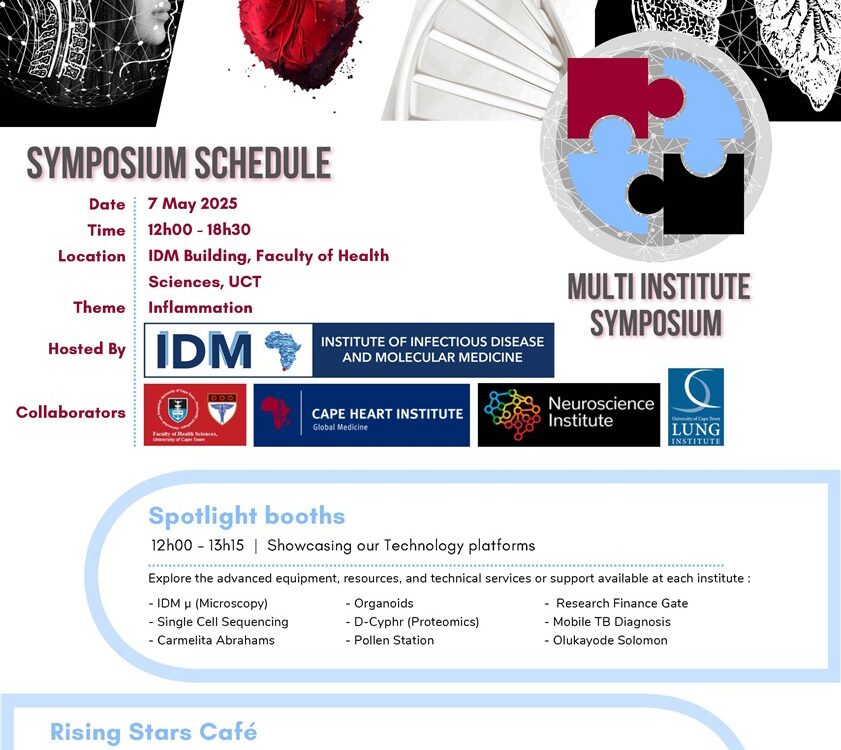
COVID-19 latest: 493,183 confirmed cases in SA, recoveries at 326,171
1st August 2020The twin epidemics of TB and COVID-19: challenges and controversies
11th August 2020Health24 – 03 August 2020
Targeted interventions need to be shifted to patients with minimal TB symptoms in vulnerable communities, SA researchers say in a new study.
Millions at risk of tuberculosis amid COVID-19 lockdowns, warns study
As the world focuses on the coronavirus pandemic more cases of tuberculosis are going undetected and untreated, according to new research.
- A new study by UCT researchers describes a shift in finding TB cases
- Using a highly reliable TB testing model, they are actively searching out TB cases in SA communities
- Health24 spoke to lead researcher, Professor Keertan Dheda
Tuberculosis (TB) is the ninth leading cause of death worldwide, and kills someone approximately every 21 seconds. In 2018 alone, 63 000 people died of the infectious disease in South Africa. Earlier this year, Spotlight reported that the lockdown has taken a heavy toll on the country’s TB response, as testing rates decreased by almost 50%, and dramatically fewer TB patients were starting treatment.
A new study, led by Professor Keertan Dheda, head of the Centre for Lung Infection and Immunity at the University of Cape Town’s (UCT) Lung Institute, emphasises the need for scientists to shift targeted interventions to patients with minimal TB symptoms in vulnerable communities, in order to minimise the spread of the disease.
“A burgeoning epidemic of drug-resistant TB threatens to derail global control efforts [of the disease],” Dheda told UCT News, adding that countries like South Africa need to shift the focus on actively searching out drug-sensitive and drug-resistant cases.
The study was published in the leading medical journal Nature Medicine. Health24 spoke to Dheda about the study and what the results mean for TB research.
Why are scientists testing a TB vaccine to see if it protects against Covid-19?
Could this centuries-old TB vaccine help prevent severe Covid-19 – and uncover the potential of our immune systems?
Novel sampling technology
In this study, the team used novel cough aerosol sampling technology, which allowed the researchers to determine the degree of infectiousness of TB cases.
What the researchers discovered is that it is the TB bug in the tiny aerosol particles – which are spread by coughing and sneezing, and subsequently inhaled deeply into the lungs – can potentially lead to pneumonia later on.
A total of 452 TB patients were surveyed for the study, with 227 participants suffering from drug-resistant TB. Drug-resistant TB is a specific form of TB that does not respond to “ordinary” TB treatment.
The Centers for Disease Control and Prevention (CDC) explains that this occurs when bacteria become resistant to the drugs used to treat TB, which means that the drug can no longer kill the TB bacteria. This type of TB is spread in the same way that drug-susceptible TB (when the drugs are effective) is spread.
The researchers found that many patients have minimal or no symptoms, yet are transmitting TB in the community (much like persons with Covid-19 who are asymptomatic or have minimal symptoms).
The results also indicate that 30% were cough-aerosol positive, and that those with drug-resistant TB were as infectious as those with drug-sensitive TB. More than this, they found that younger, healthier TB patients with minimal symptoms were likely to be more infectious.
Shift in targeted interventions
Based on the team’s discoveries, they suggest that in order to lessen the spread of TB, scientists need to shift targeted interventions to patients with minimal TB symptoms, particularly those in vulnerable communities.
This might not be an easy process, though, as scientists also note that often these patients are the ones who don’t seek care, and therefore go undiagnosed for many months – and sometimes even years. For this reason, South Africa needs efficient and effective ways of identifying infectious TB patients by one of two ways: using a low-cost device, or using a biomarker (an indicator that measures someone’s likelihood of TB transmission).
Active vs. passive case findings
At the moment, clinicians rely on passive finding of TB cases, which means that TB-positive cases are only picked up when patients are examined and tested when they have symptoms and visit a healthcare facility. What needs to change, the researchers argue, is a move towards active searching for cases of drug-sensitive and drug-resistant TB in communities. While the approach may be new for the world as a whole, it is critical. Dheda explains:
“Active case finding (ACF), i.e. taking diagnostics out to people in the community, was always considered challenging because of the lack of a highly sensitive test and that could easily be done in the community itself, and by not requiring complex equipment.”
However, UCT academics recently developed an active case-finding package called “XACT” (Xpert for Active Case Finding). This package, the research team believes, is set to revolutionise TB diagnosis and treatment as it will enable early detection of infectious cases and take molecular diagnostics (the technique used to diagnose and monitor a disease) out of the laboratory and into the community.
Low-cost and highly effective
The TB testing model involves health professionals using a portable, battery-operated molecular tool, GeneXpert Edge – a standardised testing device that detects TB DNA in sputum (a mixture of saliva and mucus coughed up from the respiratory tract). The testing will be done in a low-cost, panel van-sized mobile clinic.
“This technology is taken out into informal settlements and communities in a mini mobile ‘clinic’ manned by two healthcare workers, and all packed into a Nissan or Toyota panel van. It is therefore now very feasible to do active case finding,” said Dheda, further commenting:
“We recently screened over 5 000 persons in the community in Cape Town, and in those targeted for testing (~600 persons), the TB detection rate was surprisingly high at almost 10%. The interesting thing is that the portable Xpert package for ACF picked up almost all the infectious cases in the community, and is therefore expected to have a major impact on transmission of TB.”
A national priority
“At the end of the day, reducing the burden of TB and resulting morbidity and mortality is a key national priority,” believes Dheda. “Unfortunately, the passive case-finding strategy, which we currently use, has hardly any impact on transmission as the damage has already been done (with regard to onward transmission within the community).
“It is only by going out and actively interrupting transmission that we will make a significant impact on the disease.”
According to Dheda, the same technology is now being trialled and rolled out in two different African countries, including South Africa (Cape Town), where over 20 000 people will be screened. This large demonstration project is funded by the Wellcome Trust, Medical Research Council (United Kingdom) and the European Union.
READ | Fighting TB in the time of Covid-19: how 1.4 million deaths can be prevented
READ | Sharp increase in TB cases and deaths expected due to Covid-19
WATCH | Why preventing TB could be as easy as 1, 2, 3HP
Image: Doyata/Getty



